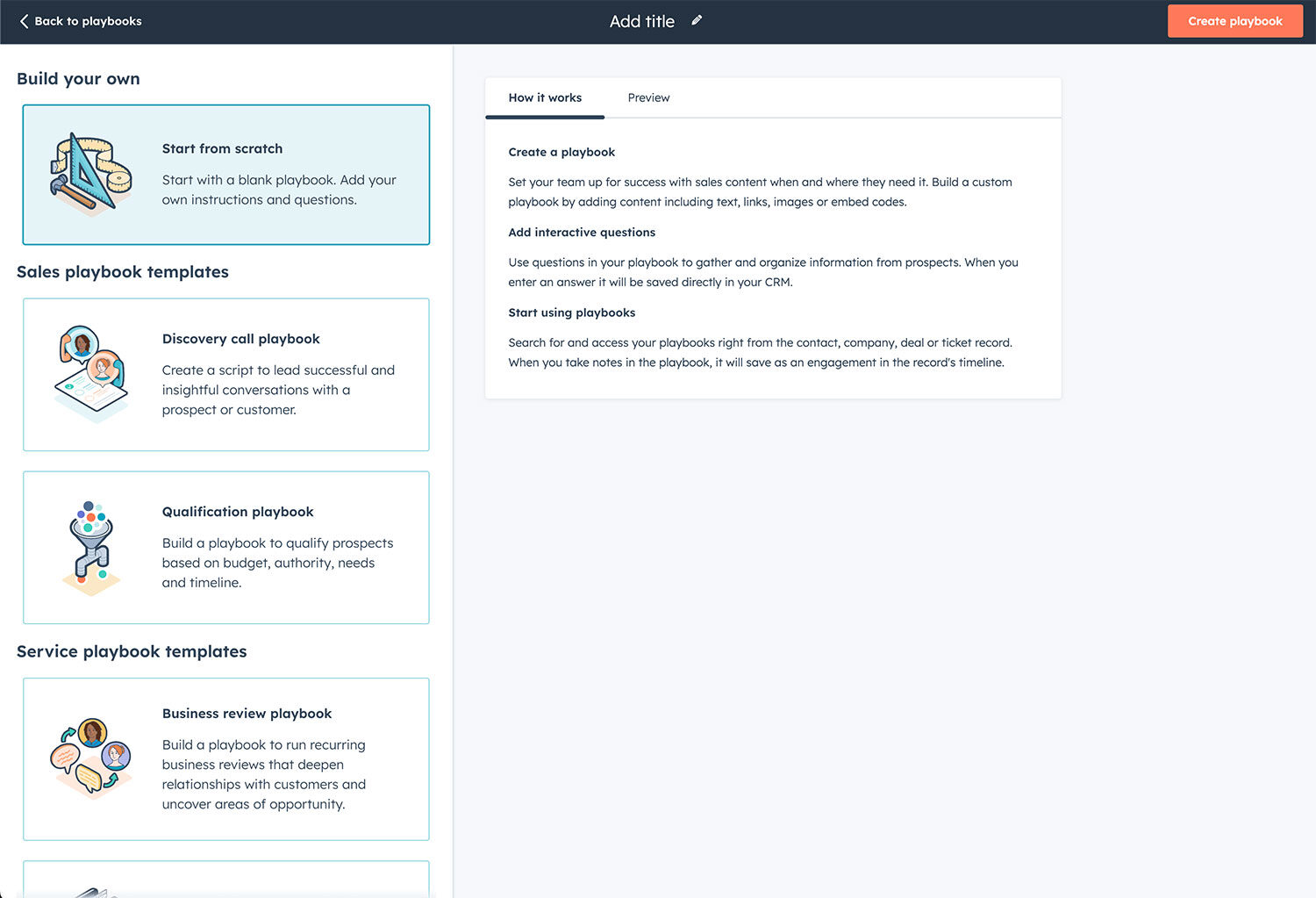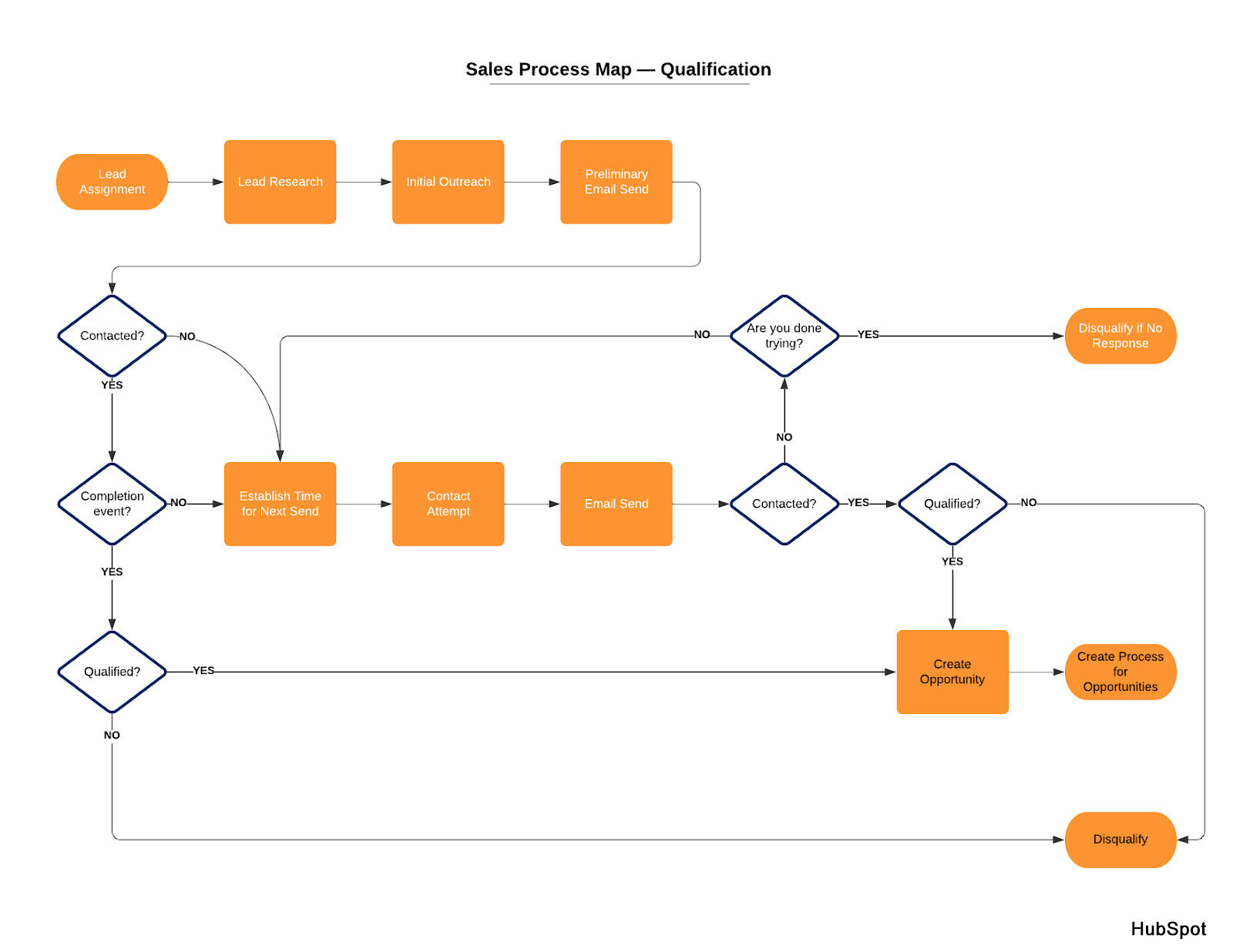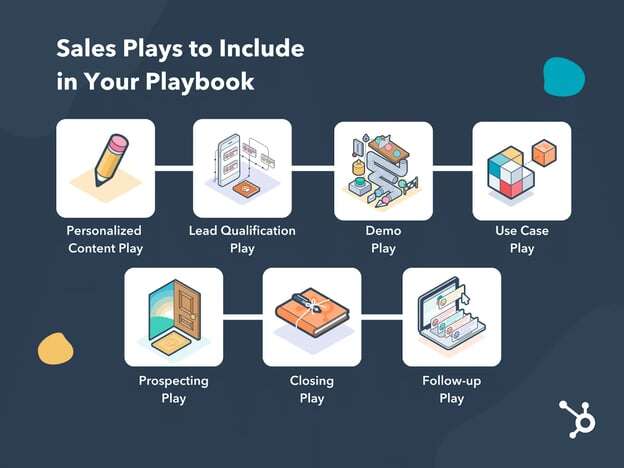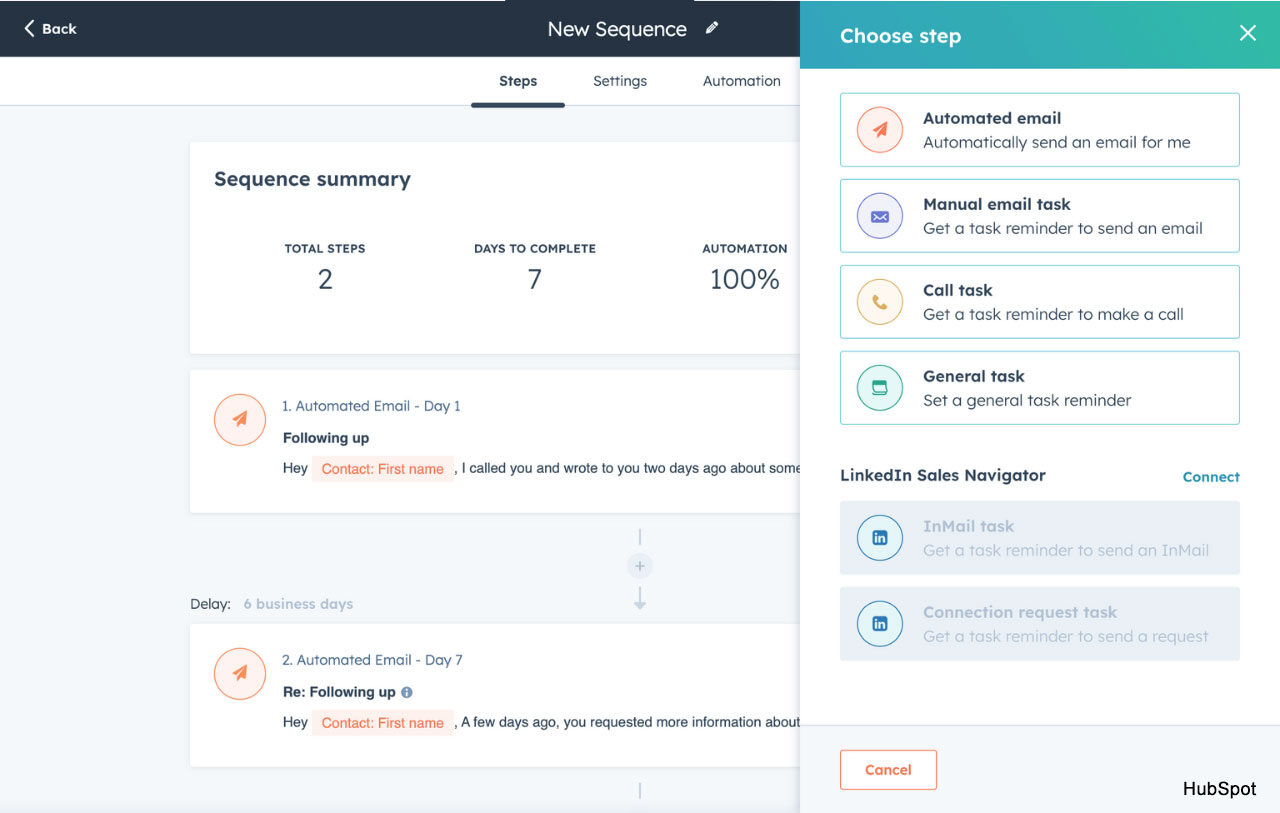Are you looking to craft a B2B sales playbook that can drive consistent sales success?
A B2B sales playbook is not just a plan—it’s a strategic guide that equips your sales team with the necessary tools and knowledge to close deals effectively.
In this article, you’ll discover essential strategies and steps to create your ultimate B2B sales playbook, ensuring your entire sales team fits one that is aligned and prepared for every sales scenario.
Key Takeaways
-
A B2B sales playbook is a comprehensive guide that standardizes sales processes, techniques, and best practices to enhance sales team efficiency and effectiveness.
-
Key elements of an effective sales playbook include a detailed company overview, buyer personas, product information, structured sales processes, and developed sales plays to address various customer scenarios.
-
Regularly updating the sales playbook based on market conditions, customer feedback, and new strategies is crucial for maintaining its relevance and effectiveness in driving sales success.
What is a B2B Sales Playbook?
A B2B sales playbook isn’t just a document, but a comprehensive guide to business playbook that provides salespeople with the necessary steps to close business-to-business sales deals. It serves as a strategic blueprint, providing sales teams with a step-by-step guide on how to successfully sell to their target market.
Think of a sales playbook as a repository of an organization’s sales strategies, processes, procedures, and best practices.
It includes everything a sales representative needs to know, say, show, and do during any customer interaction, ensuring they are well-prepared to handle various sales scenarios.
By standardizing the closing sales techniques and eliminating guesswork, an effective sales playbook increases win rates and deal velocity.
Furthermore, a B2B sales playbook acts as a crucial tool for efficient sales training as it consolidates all necessary processes, assets, tactics, and knowledge of sales professionals. It ensures that all team members follow a consistent and effective sales strategy, fostering collaboration and alignment within the sales organization.
Importance of a B2B Sales Playbook
The significance of a B2B sales playbook is undeniably high. It aligns the sales team, fostering consistency in the new salespeople' approach and ensuring new sales reps have a clear and uniform message to potential clients. This alignment enhances communication and collaboration among the entire team of members, ensuring everyone is working towards the same goals.
A sales playbook serves multiple purposes:
-
It provides a scalable solution, enabling team members of varied experience levels to mirror successful strategies.
-
It supports efficient onboarding and training by providing new hires with a comprehensive guide to necessary knowledge and skills.
-
This is particularly crucial given that the average tenure for a salesperson is around 1.5 years.
In addition, a sales playbook bolsters overall sales effectiveness by furnishing the team with proven techniques and best practices, such as those found in sales playbook examples.
It eliminates common issues such as wasting time on wrong prospects and stalling at objections, ensuring a more organized and efficient sales experience.
The adaptability and agility of a sales playbook are also essential, allowing for regular updates with new insights, strategies, and market trends. To further enhance your team’s sales performance here, create a full sales playbook that'll be tailored to your specific needs and goals.
Key Elements of an Effective B2B Sales Playbook

Incorporating several key elements is vital to crafting a successful sales playbook. These elements provide the foundation for a consistent customer experience and ease scalability within the sales organization.
Key components of an effective sales playbook include a company overview, detailed buyer personas, and comprehensive product information. These sections help sales reps understand the company’s mission, values, and sales strategy, as well as tailor their approach to meet the needs of different customer segments.
Company Overview
A thorough company overview is a vital starting point for any sales playbook. It provides information about the company’s mission, vision business strategy, and values, helping sales reps understand the overarching goals of the organization.
Additionally, the company overview should detail the sales team structure and sales strategy used, including primary sales goals and methods for tracking and measuring success. Including an organizational chart illustrates the structure of the sales organization and where sales reps fit within it, fostering a sense of belonging and clarity in their roles.
Buyer Personas
The creation of detailed buyer personas is critical in assisting sales reps to effectively tailor their approach. These personas should be based on demographics, pain points, and purchasing behaviors.
By profiling ideal prospects and understanding their specific needs and challenges, our sales managers and reps can:
-
Customize their outreach and pitch more effectively
-
Improve the chances of closing deals
-
Identify when a prospect doesn’t fit the ideal customer profile.
Product Information
Providing sales reps with comprehensive product information is vital to addressing inquiries and objections from prospective buyers.
This section should cover:
-
Features
-
Benefits
-
Pricing
-
Competitive advantages of the products or services offered.
By providing comprehensive details about the offerings, sales reps are better prepared to address common questions or concerns and effectively sell the product. Highlighting differentiators also helps sales reps show prospects why they should choose your product over similar options in the market.
Structuring Your Sales Process

The structure of the sales process is a critical factor in crafting an effective sales playbook, which is heavily influenced by the chosen sales methodology. This sales methodology involves aligning go-to-market teams, including sales leaders, to identify, target, and convert qualified leads, setting the foundation for achieving targeted goals.
A well-defined sales process provides clear objectives and steps to keep sales progressing, ensuring systematic engagement with potential and existing customers.
Mapping out the stages and defining milestones and roles within the sales process bring clarity to terms like MQL (Marketing Qualified Lead) and SQL (Sales Qualified Lead), streamlining the selling and buying process.
Prospecting Strategies
Potent prospecting strategies are essential for lead generation and maintaining harmony between sales and marketing teams. Account-based selling, for instance, targets multiple prospects within the same page of a company using tailored content and messaging to build deep relationships and guide them through the sales funnel.
Building solid contact lists based on researched prospects who match the ideal customer profile is crucial for effective outreach. Best practices for engaging potential customers on various platforms, such as LinkedIn and Facebook, should also be included to ensure a consistent and effective approach to marketing campaigns.
Lead Qualification
Lead qualification is a critical step in assessing the potential of leads to ensure they are a good fit for your products or services. Using CRM systems to support lead qualification, needs assessment, and tracking the customer journey through the sales cycle can make this process more efficient and aligned with the overall sales process.
Closing Techniques
Closing techniques empower sales teams to close deals more quickly and effectively. This involves addressing specific pain points and navigating the sales funnel efficiently to ensure that potential customers are guided smoothly towards making a purchase decision.
Developing Sales Plays

The development of effective sales playbooks or plays is key in offering salespeople step-by-step guides for varying customer scenarios. Sales playbooks or plays are specific strategies or steps for the sales and marketing team together to follow during various parts of the selling process, acting like practical recipes for sales success.
Creating most effective sales playbooks and plays involves defining the ‘what, why, who, and how’ of specific sales objectives. Each to create a sales playbook or play should include information on the target audience, why it works, and steps to take, ensuring that sales reps have a clear and actionable plan to follow in different scenarios.
Follow-Up Plays
Follow-up plays provide best practices for personalized and effective marketing messaging follow-up communications. This includes:
-
Referencing previous interactions
-
Addressing any new changes or developments affecting the customer’s decision
-
Ensuring that follow-ups are timely and relevant.
Objection Handling
Objection handling prepares sales reps to turn objections into positive customer experiences and prevents the sales process from stalling. Techniques such as structured response scripts and battle card templates can help address common concerns raised by prospects effectively.
Product Demo Plays
Product demo plays focus on customizing demos to address customer needs and showcase relevant solutions. Preparing for product demos includes understanding the customer’s key challenges and tailoring the presentation to highlight relevant solutions.
Effective product demonstrations require:
-
Tailoring demos to the audience’s needs
-
Preparing to address common questions or concerns
-
Utilizing best practices for public speaking to ensure a compelling presentation.
Integrating Sales Tools and Resources

The integration of sales tools and resources is critical for optimizing sales activities and offering support to sales reps. CRM systems and sales enablement platforms are essential tools for tracking interactions between sales and marketing teams and managing sales activities efficiently.
Additionally, internal and external resources such as:
-
white papers
-
testimonials
-
case studies
-
sales sheets
Comprehensive support and pre-made content should be included for sales reps, with a dedicated sales rep available when needed.
CRM Systems
CRM systems hold a significant place in tracking interactions and managing sales activities efficiently. They ensure that sales teams have access to comprehensive and up-to-date information, which is critical for maintaining organized and effective sales processes.
Sales Enablement Materials
Sales enablement materials, including email templates, presentation decks, and case studies, offer ready-to-use content and support for sales reps. These materials, often provided by sales managers, help sales reps address common objections, reinforce credibility, and sales messaging and tailor proposals to evolving customer needs.
Including tailored proposals and pitch decks in the sales enablement training materials allows sales reps to present the company and its solutions effectively, ensuring that they are well-prepared for various selling situations.
Setting KPIs and Goals
The establishment of key performance indicators and goals by sales leaders is crucial for driving the sales team, establishing clear expectations, and quantifying sales success in relation to overall business strategy and objectives. KPIs provide the sales leader with a clear way to measure sales success and connect it to broader business goals.
Examples of sales rep- playbook KPIs include time to close, average deal size, and the number of qualified leads. These metrics help prioritize sales reps’ time and activities, ensuring sales leadership and new reps that they are focused on achieving specific sales objectives and improving sales performance.
Keeping Your Sales Playbook Up-to-Date
Keeping the sales playbook updated regularly is vital for maintaining its effectiveness and relevance. As market conditions and customer needs evolve, the sales strategies and tactics outlined in the sales playbook template must be updated to reflect these changes.
Schedule regular reviews, such as at the beginning of each quarter, to ensure the new sales playbook always remains aligned with current goals, sales techniques, products, and buyer personas.
Involving sales reps in the process of updating the various sales playbooks and sales playbook templates, is essential. Collecting feedback through surveys and internal feedback loops helps identify areas of struggle and ensures the content remains valuable for the sales team’s success. Modern sales playbooks, which are often digital, can be updated easily, allowing sales reps to access the latest information in real-time.
Summary
Creating a comprehensive B2B sales playbook is not just about documenting processes and strategies; it’s about empowering your sales team with the tools, knowledge, and confidence they need to succeed.
From defining key elements own sales playbook like company overview, buyer personas, and product information to structuring the sales process and developing effective sales plays, each component own sales playbook plays a critical role in driving sales success.
Regularly updating your sales playbook ensures it remains a dynamic tool that adapts to market changes and evolving business strategies. By integrating the right sales tools and establishing clear KPIs key performance indicators and goals, you have own to create a sales playbook that can continuously enhance your sales team’s performance and drive revenue growth. Embrace the power of a well-crafted sales playbook and watch your sales organization thrive.
Frequently Asked Questions
What is a B2B sales team playbook?
A B2B sales playbook is a guide to sales play that provides sales teams with strategies and best practices to effectively close deals in a business-to-business context.
Why is a B2B sales playbook important?
A B2B sales playbook is important because it aligns the sales team, enhances overall sales effectiveness, supports scalability, and ensures adaptability to market changes and trends. This helps in achieving better outcomes and staying competitive.
What are the key elements of an effective B2B sales playbook?
The key elements of an effective B2B sales playbook include a company overview, detailed buyer personas, comprehensive product information, structured sales processes, full sales call scripts, and well-developed sales plays for various customer scenarios. These elements provide a comprehensive framework for successful B2B sales.
How often should a sales playbook be updated?
It's recommended to review and update a company strategy sales playbook regularly, such as at the beginning of each quarter, to ensure it stays aligned with current market conditions, business goals, and sales techniques.
